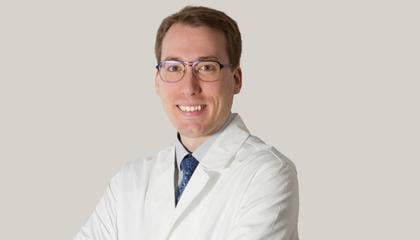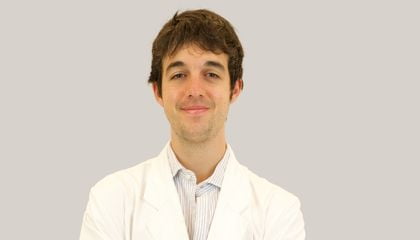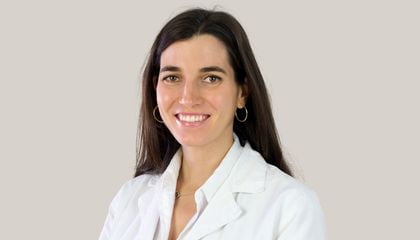Do you have acne marks and want to even out your skin with IPL and laser treatment?
Acne is a very common inflammatory disease of the pilosebaceous follicle characterised by the appearance of comedones, papules, pustules, even nodules and cysts on the face, back or neck. Affecting nearly 80% of teenagers and young adults between the ages of 12 and 20, it also affects adults, particularly women, who can develop severe forms with significant repercussions on self-confidence and quality of life.
Fortunately, it is now possible to reduce the signs and scars of acne with IPL and laser treatment. Turó Park Clinics is equipped with the latest generation of equipment, the Nordlys™ laser, to treat 21 different indications including acne.
If you want to improve the appearance of your skin, make an appointment now with one of our English-speaking specialists for a personalised study.
Treatment information
| Duration of treatment | 30 mins |
|---|---|
| Recovery | 2-3 weeks |
| Results | Lasting |
| Effects | After a few days |
| Anaesthesia | Not necessary, if desired EMLA cream |
| Price | From €200 |
Speed up your treatment!
To make an appointment or speak with one of our team members, please contact us using the options below.
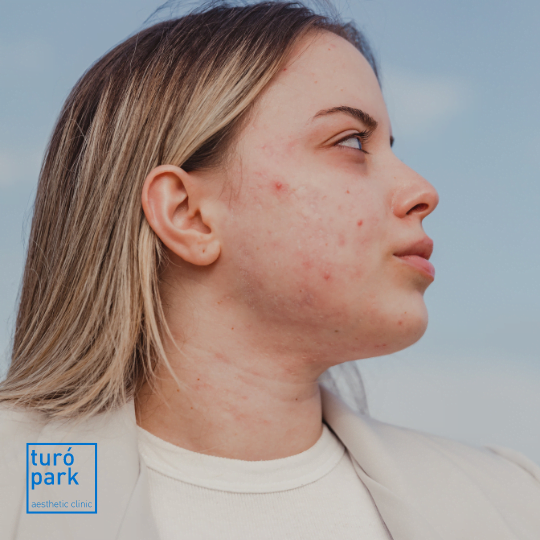
What is acne?
Acne is an inflammatory skin disease that causes lesions to appear on the face, back or neck.
It is caused by an excess of sebum production, most often due to the hormonal upheaval of puberty, but it can also affect adults, especially women. In this case, it either follows on from teenage acne which has not healed, or it appears in adulthood and may be associated with symptoms linked to excess male hormones (abundant hair growth, menstrual problems, etc.).
Acne most often develops in flare-ups, over several years, before it heals.
What are the symptoms of acne?
The main lesions present in acne are
- Hyperseborrhoea: characterised by a shiny, oily appearance of the skin, predominantly on the middle area of the face (forehead, tip of the nose, cheeks and chin), this is often the first manifestation of acne.
- Comedones: resulting from the accumulation of sebum in the hair follicles, comedones can be open (blackheads) or closed (white pimples with no surrounding redness).
- Papules: Papules are the "pimples" of common parlance. They are the result of inflammation and can disappear spontaneously or be superinfected by bacteria present on the skin: they are then pustules which, as their name indicates, contain pus.
- Pustules: infected papules.
- Cysts: Cysts are pustules located in the deep layers of the skin. They are often very painful.
- Nodules: Difficult to distinguish from cysts, nodules do not usually contain pus, but are nevertheless the site of an infection. It is usually the nodules that rupture and leave lasting scars on the skin.
Once healed, acne can leave temporary or permanent scars.
What causes acne?
Acne is caused by the effect of hormones, which induce a build-up of sebum in which bacteria grow, leading to inflammation of the hair follicles (pores in the skin where hairs grow). It is therefore most common in adolescence but can also be triggered in adult women during the menstrual period and can improve or worsen significantly during pregnancy.
There are also risk factors for the development of acne:
- Genetic background: it seems that acne is more common in certain families.
- The use of greasy cosmetics that tend to clog the hair follicles.
- Certain industrial chemicals that also clog hair follicles.
- The use of anabolic steroids to build muscle.
- Repeated rubbing on areas of the skin where acne usually develops (for example, backpacks on the shoulders).
- A tendency to sweat profusely.
Similarly, certain medications can also cause acne, including some antidepressants, antibiotics, immunosuppressants, cortisone derivatives, and anti-epileptics.
Reduce acne marks on your skin!
The aesthetic medicine specialists at Turó Park Clinics propose a first initial consultation to find out which options best suit your needs and expectations.
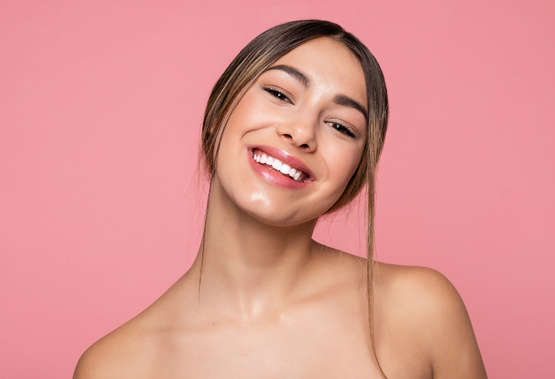
How does IPL and laser acne treatment work?
The Nordlys system treats acne by reducing the blood supply to the sebaceous gland to slow down sebum production.
The device delivers short bursts of Ellipse IPL onto the skin. Using patented Dual Filtering Mode technology, the system filters the light to ensure that only the wavelengths needed for the treatment are used. For this reason, only the blood vessels supplying the sebaceous gland are affected, while the surrounding vessels are not affected.
To correct acne scars, the Nordlys system also has a heat-applied laser, which reaches the deepest layers of the skin. The laser activates the production of collagen and allows the skin to regain its original colour and volume, making the marks and scars left by acne disappear for good.
If you wish to have your treatment at Turó Park Clinics, an initial consultation will be carried out to establish a treatment plan and a quote. This first appointment will also allow us to eliminate any contraindications to the treatment.
Each session lasts between 10 and 20 minutes. In general, 3 to 5 sessions are required, always at least 3 weeks apart.
Our laser and pulsed light specialists
